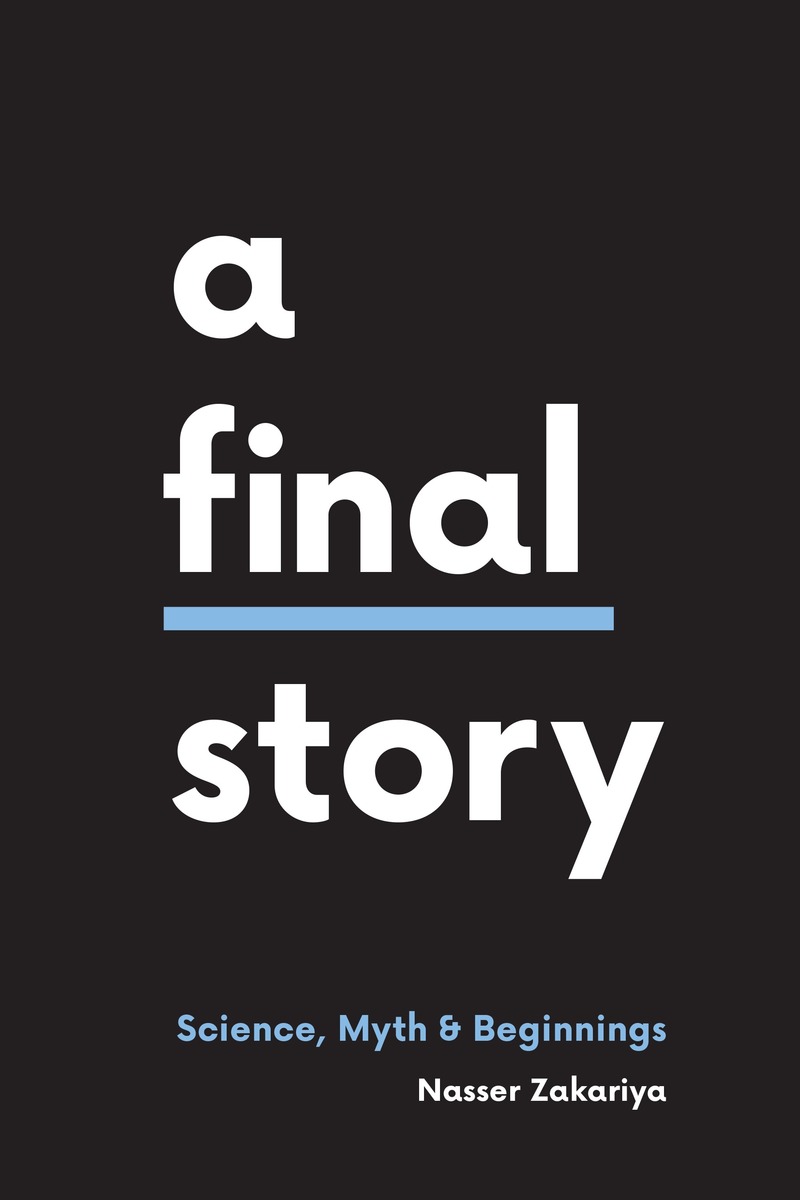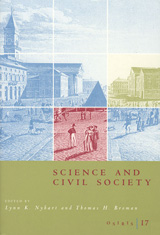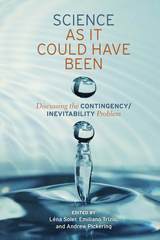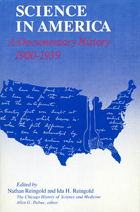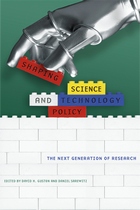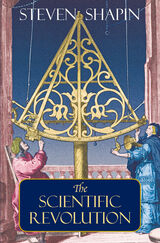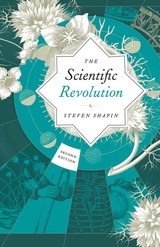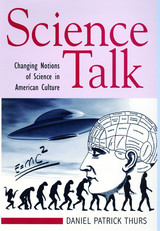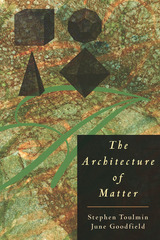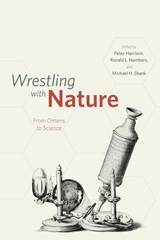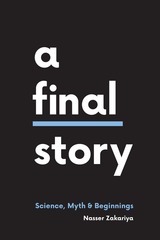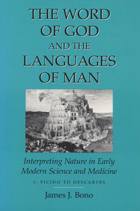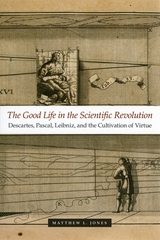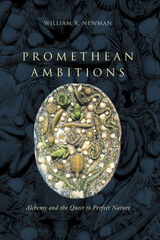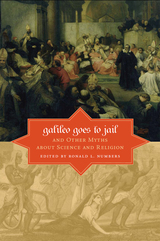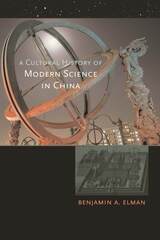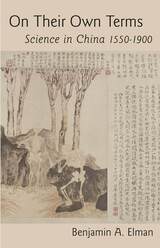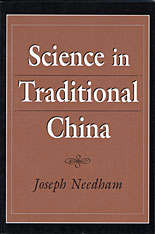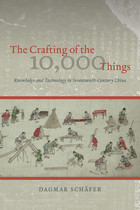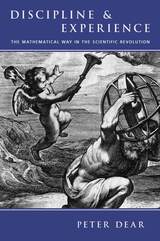A Final Story: Science, Myth, and Beginnings
University of Chicago Press, 2017
Cloth: 978-0-226-47612-4 | eISBN: 978-0-226-50073-7
Library of Congress Classification Q125.Z353 2017
Dewey Decimal Classification 507.22
Cloth: 978-0-226-47612-4 | eISBN: 978-0-226-50073-7
Library of Congress Classification Q125.Z353 2017
Dewey Decimal Classification 507.22
ABOUT THIS BOOK | AUTHOR BIOGRAPHY | REVIEWS | TOC | REQUEST ACCESSIBLE FILE
ABOUT THIS BOOK
Popular science readers embrace epics—the sweeping stories that claim to tell the history of all the universe, from the cosmological to the biological to the social. And the appeal is understandable: in writing these works, authors such as E. O. Wilson or Steven Weinberg deliberately seek to move beyond particular disciplines, to create a compelling story weaving together natural historical events, scientific endeavor, human discovery, and contemporary existential concerns.
In A Final Story, Nasser Zakariya delves into the origins and ambitions of these scientific epics, from the nineteenth century to the present, to see what they reveal about the relationship between storytelling, integrated scientific knowledge, and historical method. While seeking to transcend the perspectives of their own eras, the authors of the epics and the debates surrounding them are embedded in political and social struggles of their own times, struggles to which the epics in turn respond. In attempts to narrate an approach to a final, true account, these synthesizing efforts shape and orient scientific developments old and new. By looking closely at the composition of science epics and the related genres developed along with them, we are able to view the historical narrative of science as a form of knowledge itself, one that discloses much about the development of our understanding of and relationship to science over time.
In A Final Story, Nasser Zakariya delves into the origins and ambitions of these scientific epics, from the nineteenth century to the present, to see what they reveal about the relationship between storytelling, integrated scientific knowledge, and historical method. While seeking to transcend the perspectives of their own eras, the authors of the epics and the debates surrounding them are embedded in political and social struggles of their own times, struggles to which the epics in turn respond. In attempts to narrate an approach to a final, true account, these synthesizing efforts shape and orient scientific developments old and new. By looking closely at the composition of science epics and the related genres developed along with them, we are able to view the historical narrative of science as a form of knowledge itself, one that discloses much about the development of our understanding of and relationship to science over time.
See other books on: Astrophysics | Beginnings | Fairy Tales, Folk Tales, Legends & Mythology | Myth | Physics
See other titles from University of Chicago Press
